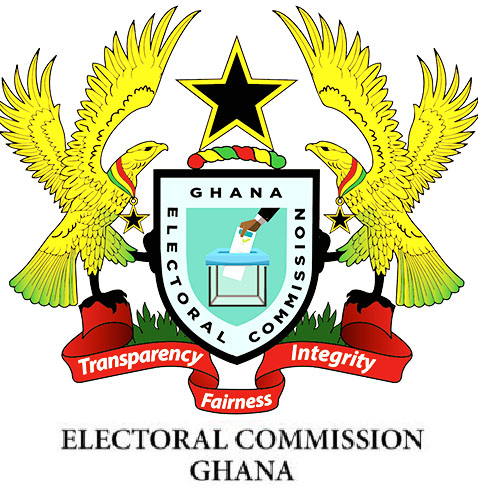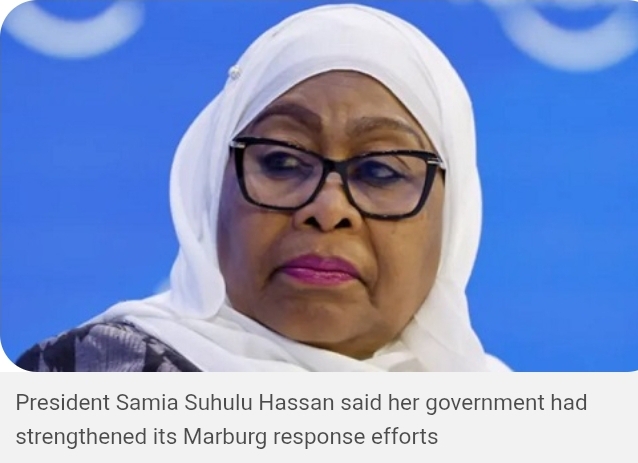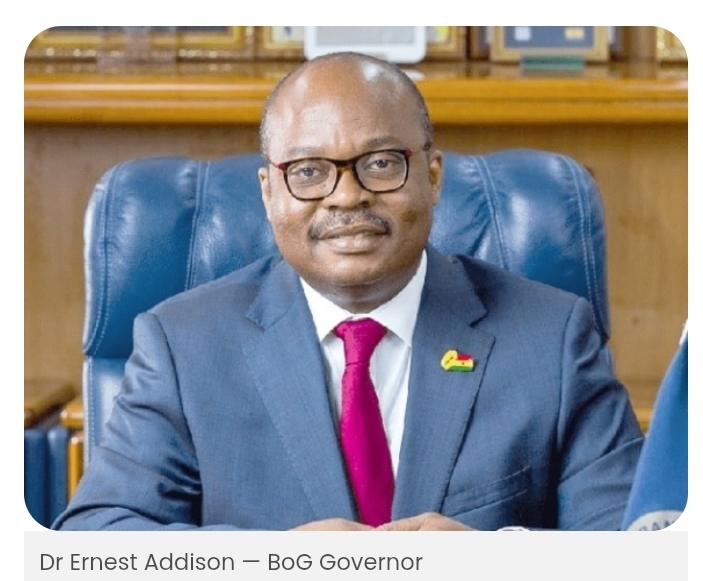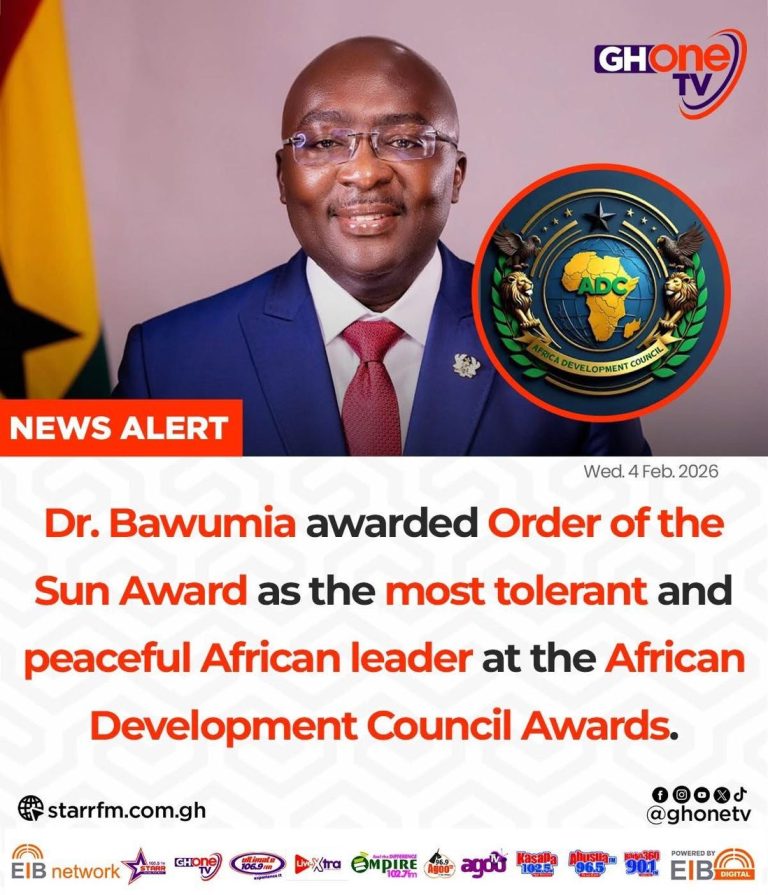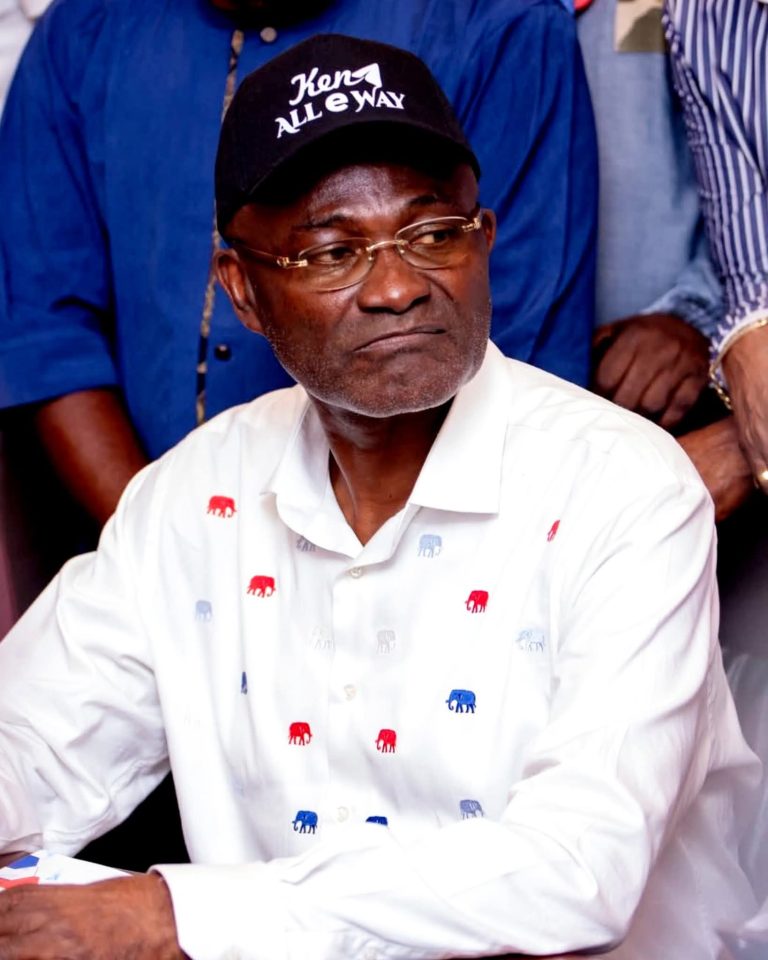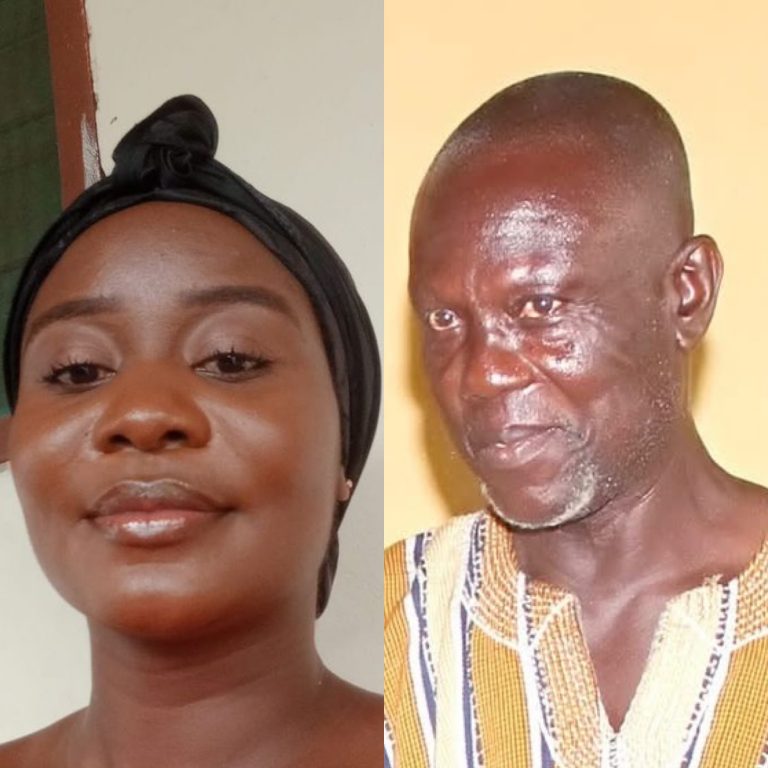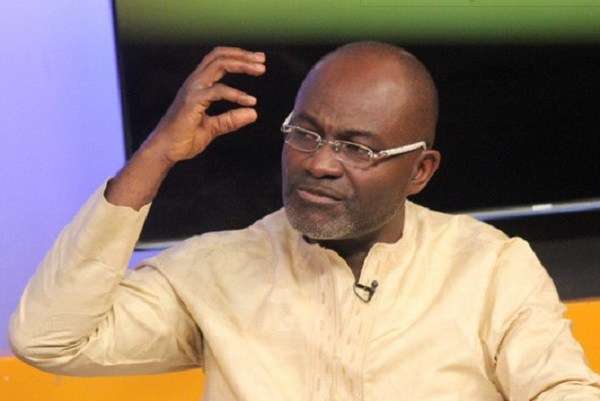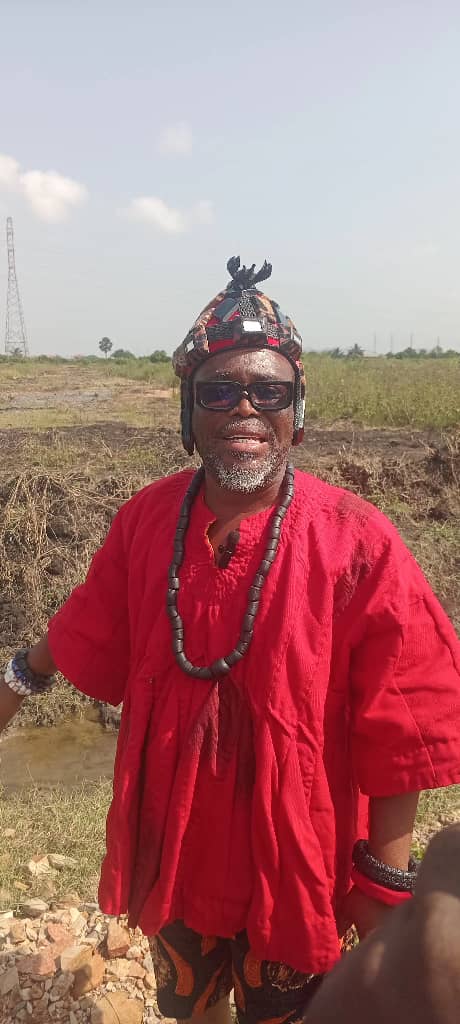The Ghana Table Tennis Association (GTTA) is embroiled in a deepening leadership crisis, with former President Mawuko Afadzinu refusing to relinquish control despite his tenure exceeding the constitutionally mandated eight-year limit. The controversy has sparked widespread concern, threatening the stability and development of table tennis in Ghana.In a rejoinder issued by Naa Abdulai Abdul-Razak, Chairman of the Interim Management Committee (IMC) of the GTTA, Afadzinu was accused of misleading the public through a September 11, 2025, Sports Desk Report in the Daily Graphic. The report claimed that a High Court in Accra had dismissed a legal challenge against Afadzinu’s leadership, granting him a “fresh start.” Abdul-Razak has dismissed these claims as “palpably false” and intended to deceive the public.According to the IMC, Afadzinu’s two four-year terms as GTTA President, as stipulated by the association’s constitution, ended on May 4, 2023. Despite this, Afadzinu has refused to step down, even after a new president and executives were elected on December 10, 2023, under the supervision of the Ashanti Region Branch of the Electoral Commission. In a further twist, a letter dated January 19, 2024, co-signed by Afadzinu and Dr. Kenneth Ashigbey, acknowledged that their tenure had expired and was non-renewable. Yet, Afadzinu continues to act as a director of the GTTA, in what the IMC describes as a “clear breach” of the association’s constitution.The IMC’s legal efforts to resolve the issue were halted following a request from the National Sports Authority (NSA) on June 18, 2025, to withdraw a lawsuit (Suit No. GJ/0069/2024) filed against Afadzinu. The NSA, tasked with overseeing sports development in Ghana, proposed mediation to settle the dispute. On July 30, 2025, Her Ladyship Justice Elfreda Amy Dankyi granted the IMC’s motion to discontinue the suit, with leave to reapply if necessary. A notice of discontinuance was filed on August 4, 2025, and no ruling was made on the case’s merits, contrary to Afadzinu’s claims.Abdul-Razak and other GTTA stakeholders met with the NSA Director-General on August 6, 2025, to begin the mediation process, while Afadzinu met with the Director-General on September 18, 2025. However, no joint meeting has yet been convened to resolve the matter.The prolonged leadership tussle has had devastating effects on the GTTA. The association’s operations have been hampered, with confusion over legitimate leadership stalling development programs and undermining the sport’s growth in Ghana. Stakeholders fear that Afadzinu’s refusal to step down after 14 years in office—six years beyond the constitutional limit—could further erode trust in the GTTA and discourage investment in table tennis.The IMC has urged the public to refrain from engaging with individuals claiming to represent the GTTA’s leadership until the NSA mediation process is concluded. Abdul-Razak emphasized that the IMC retains the right to return to court if the mediation fails, signaling that the battle for control of the GTTA is far from over.As the crisis unfolds, the table tennis community and fans await a resolution that will restore stability and allow the sport to flourish in Ghana.


